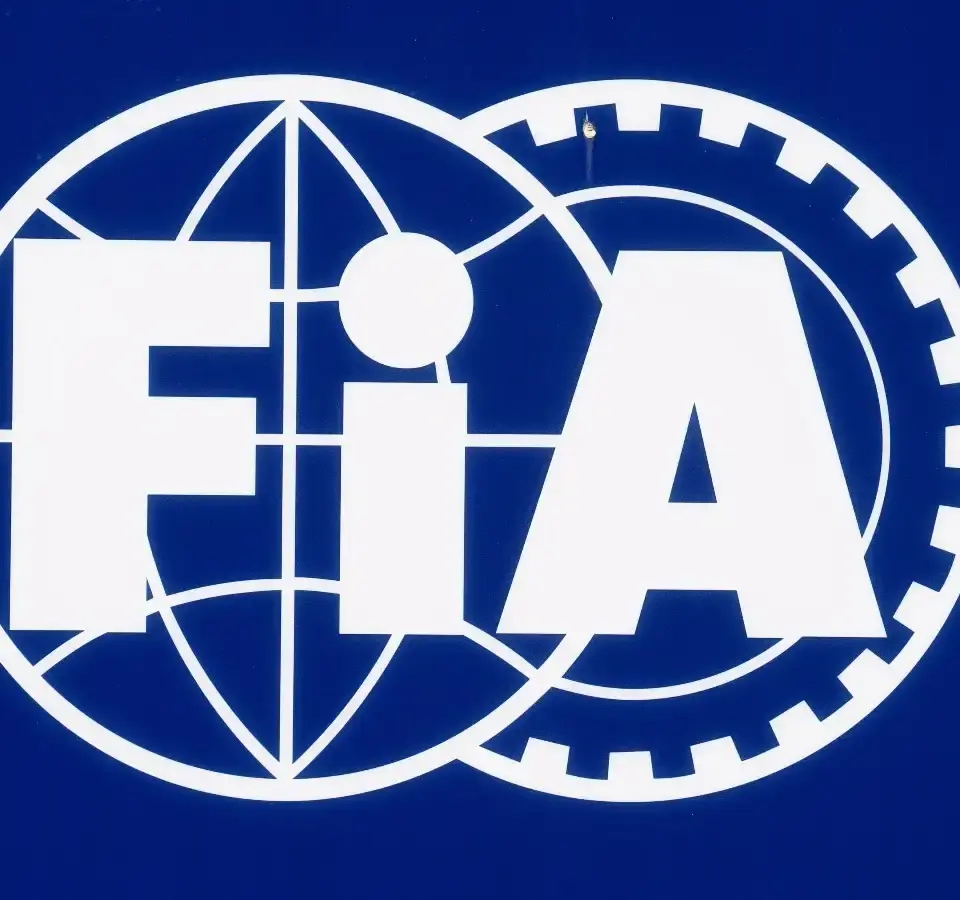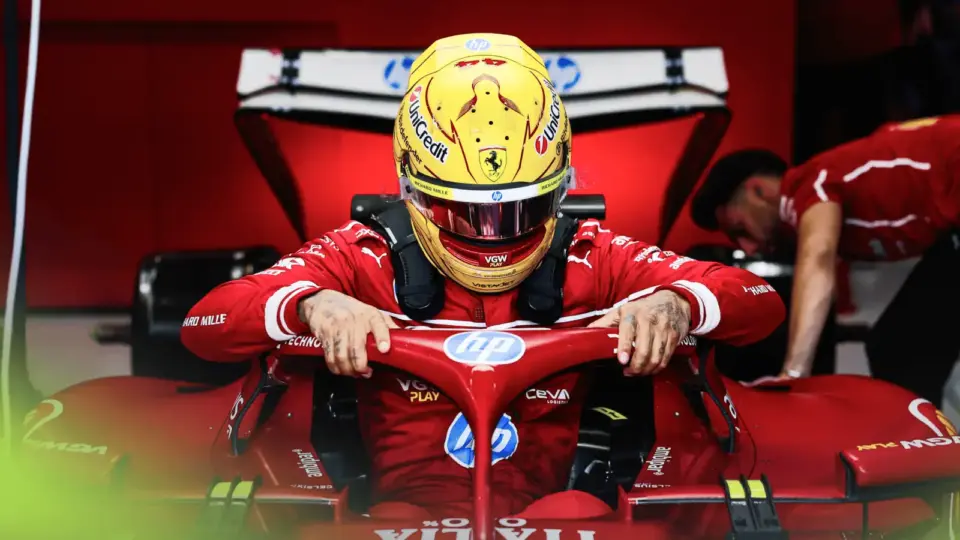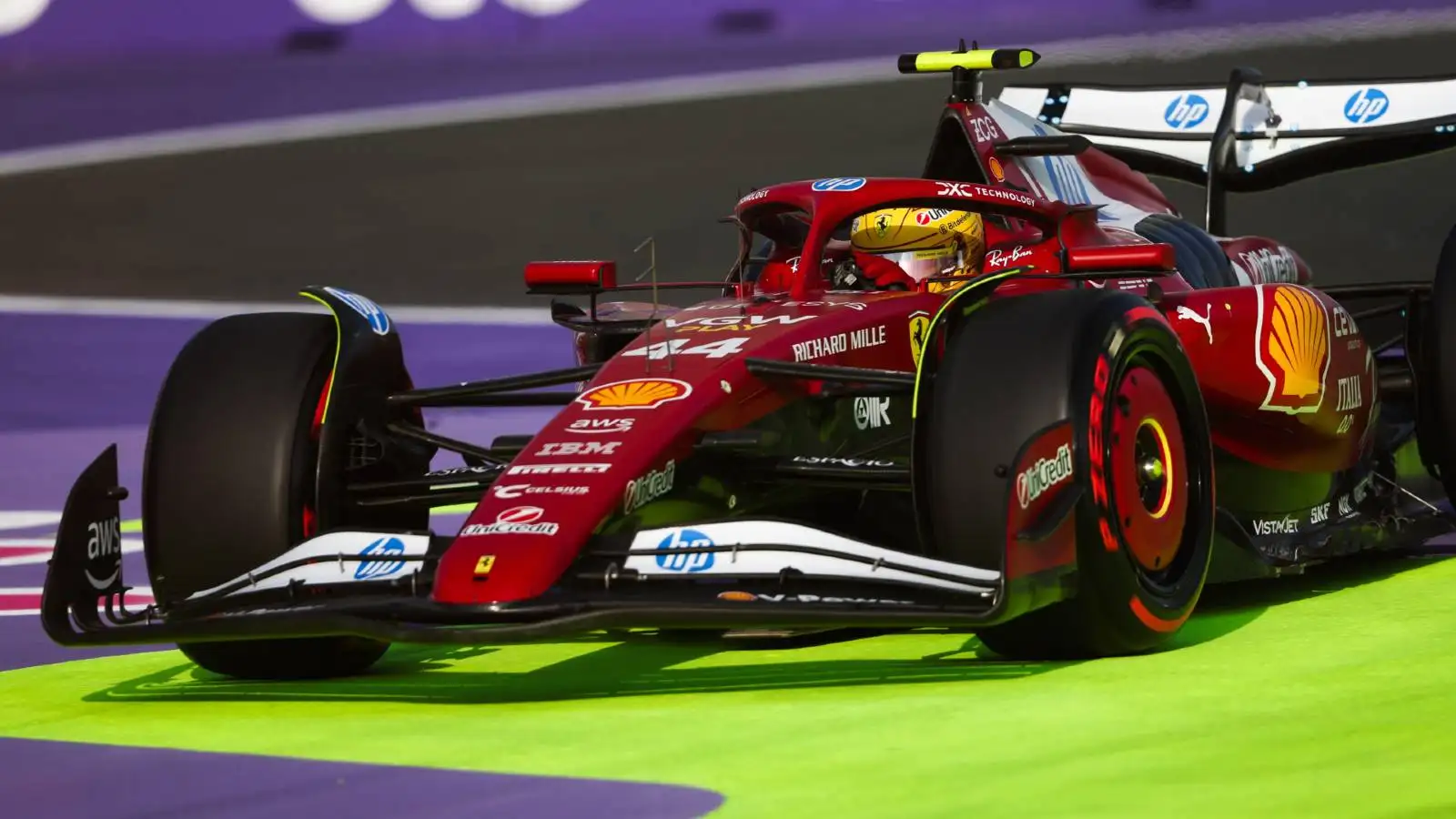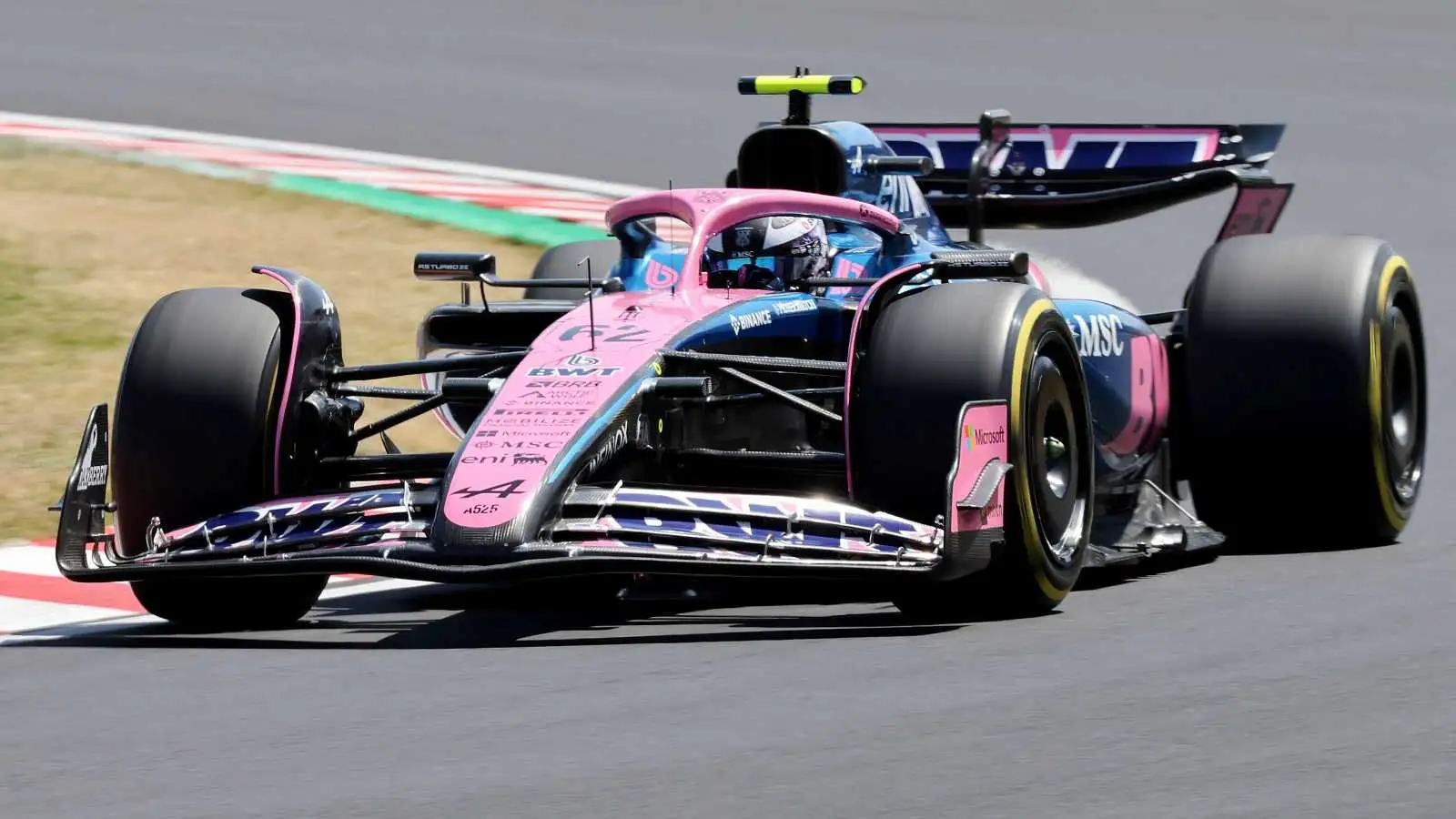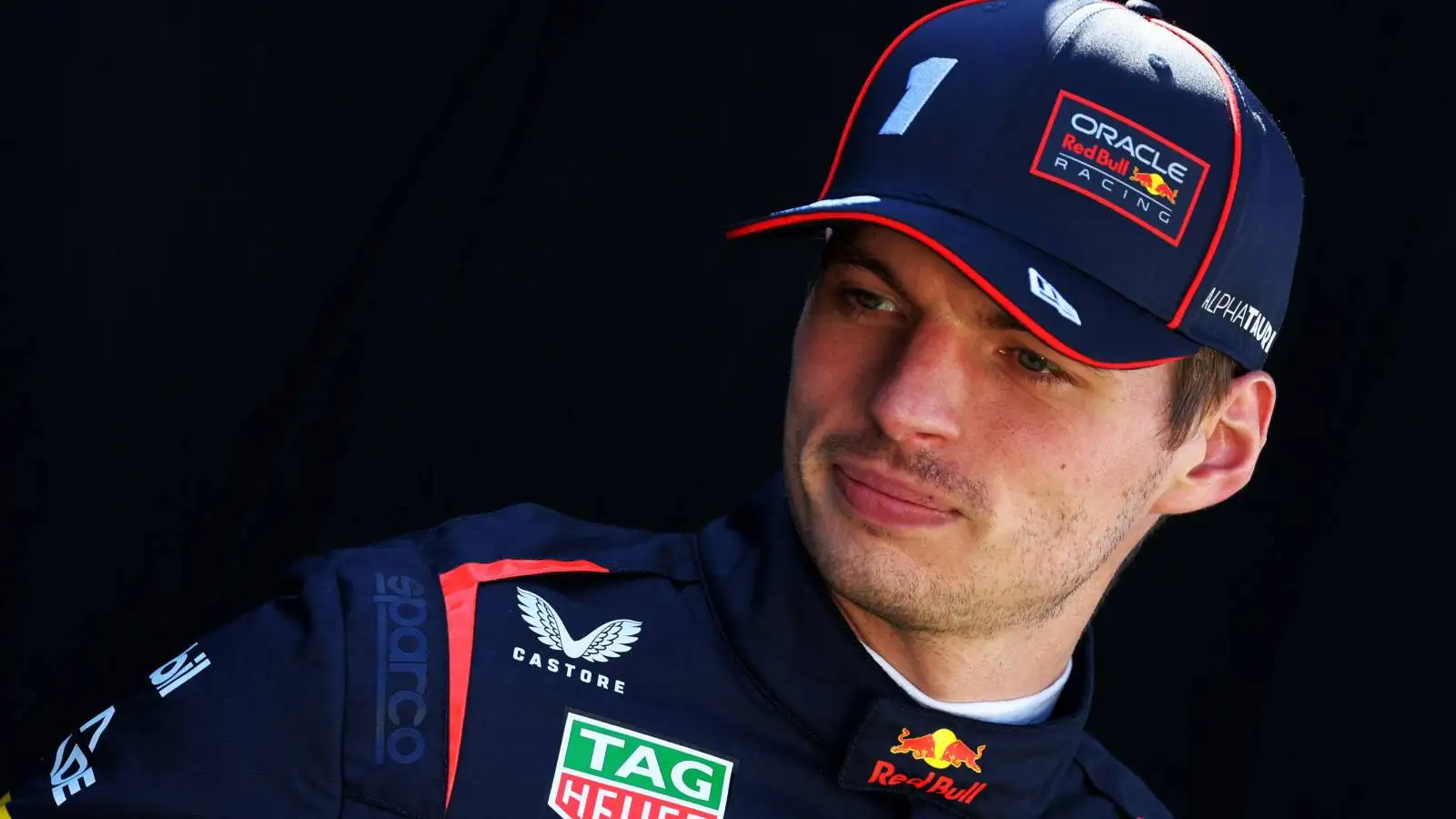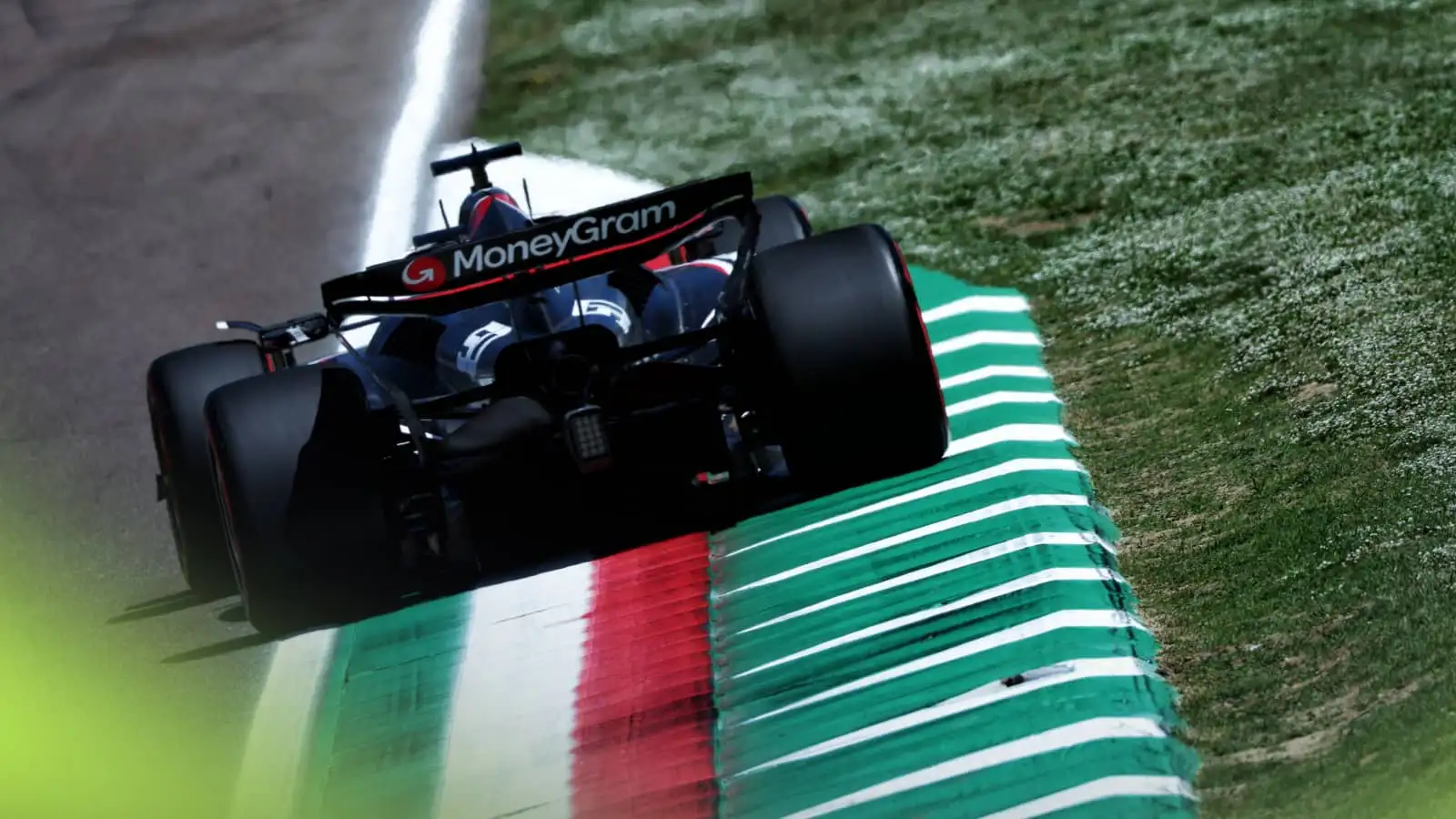The FIA has taken a detour on its strict swearing policy. Previously, drivers stood at risk of penalties for uttering any profanity. Now, there’s a clearer distinction between “controlled” and “non-controlled” scenarios.
In January, the swearing ban was a hot topic in F1. Many felt it was too harsh. With feedback from the racing community, changes have been made. The penalties are now lighter, with amendments considering the environments where words slip out.
Backlash from the Racing Community
The ban, spearheaded by President Mohammed Ben Sulayem, drew significant protest. Drivers around the globe voiced concerns about the FIA’s focus on language. Fines seemed misplaced, especially when emotions run high during races.
Although F1 drivers dodged fines, others weren’t so lucky. A hefty €10,000 fine was slapped on a WRC driver for swearing in a TV interview. Max Verstappen had his fair share of trouble too, directed to undergo grassroots sessions in Rwanda for his language slip during a press conference.
Defining Environments
The FIA has now cleared things up. Controlled spaces like press conferences are under stricter scrutiny. Meanwhile, uncontrolled settings—like rally stages and tracks—allow for more leeway.
This approach recognizes the situational emotions. Drivers and teams, when engaged in intense races, can sometimes let words fly. It’s an emotional roller coaster, after all.
Reduced Penalties and Flexibility
Good news for the drivers: the base penalty has dropped from €10,000 to €5,000. In major championships, the reductions could be even more.
Stewards now have more discretion. For first offenses, penalties might even get suspended. This change is a sigh of relief for many. A fair chance to reform is now part of the system.
Harsh penalties for racial or discriminatory remarks remain. The firm stand on such issues hasn’t wavered, showing commitment to a respectful environment.
Leadership’s Perspective
As a former rally driver, Mohammed Ben Sulayem knows the intensity of competition firsthand. “The changes will promote sportsmanship,” he stated.
He highlighted collaborative efforts with various motorsports entities. The review promised to uphold dignity and sports ethics. Sulayem aims for accessible motorsport for everyone.
Ronan Morgan added, “Drivers are role models. There’s a big difference between race-time exclamations and public statements. This update considers both.”
The Role of Stewards
Garry Connelly praised Sulayem’s leadership in reviewing the rules. He emphasized that stewards now have better guidance to differentiate on- and off-track issues.
This revision ensures that penalties aren’t just blanket rules. They consider the context, especially the circumstances of each case. Drivers appreciate this nuanced approach.
This method promises fairness in decision-making. Fans of all ages can enjoy the sport without distasteful moments disrupting the experience.
Ongoing Global Efforts
Growing motorsport globally remains a key goal. FIA’s adjustments support this. They ensure a broad appeal without compromising on sporting values.
The changes reflect the evolving nature of sports. Flexibility, fairness, and respect remain at the core. As motorsport fans, we witness history being written.
Each rule tweak involves global voices. From fans to officials, engagement continues to shape the sport’s future.
The push for an inclusive environment isn’t just a trend. It’s a necessity. To thrive in the modern sports world, such adaptations are crucial.
Future Implications
The updates impact future FIA events. Drivers now have clearer boundaries, helping them stay focused on the race, not fines.
With penalties clearer, race dynamics might shift. The focus remains on track performance, rather than off-track misconduct.
Stewardship and Oversight
The FIA has armed stewards with clearer guidelines, enhancing their oversight capability. Each case gets individual attention, ensuring justice is served.
This system supports the growth of the sport. Accountability combined with compassion fosters a better racing world.
The Ever-Changing Landscape of Motorsport
Motorsport evolves with the times, and regulations follow. The balance between maintaining decorum and understanding race pressures is delicate.
These changes signal a mature approach towards improving the sport. The FIA continues to listen and adapt, which can only be seen as positive evolution.
The FIA’s rule adjustments signal a new era in motorsport. Fairer penalties and clearer boundaries support this change. Racing remains thrilling and competitive.
